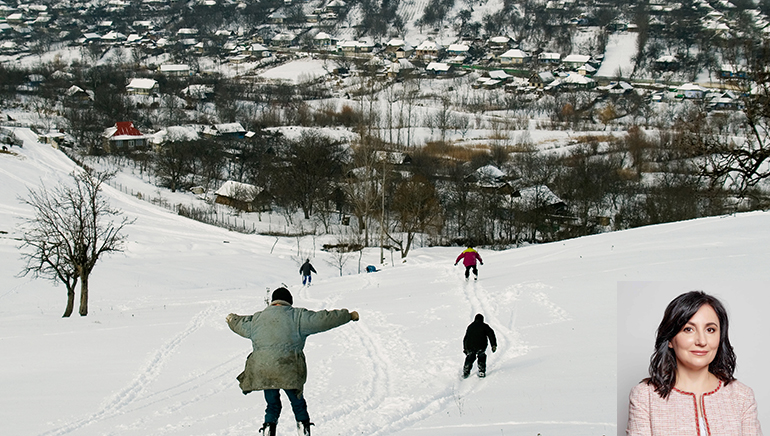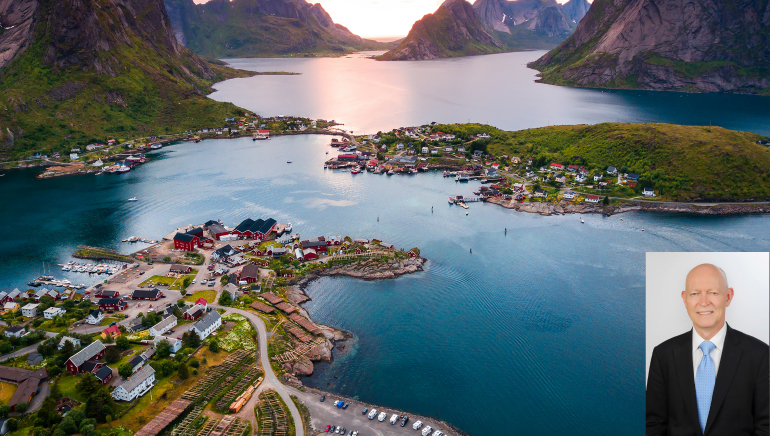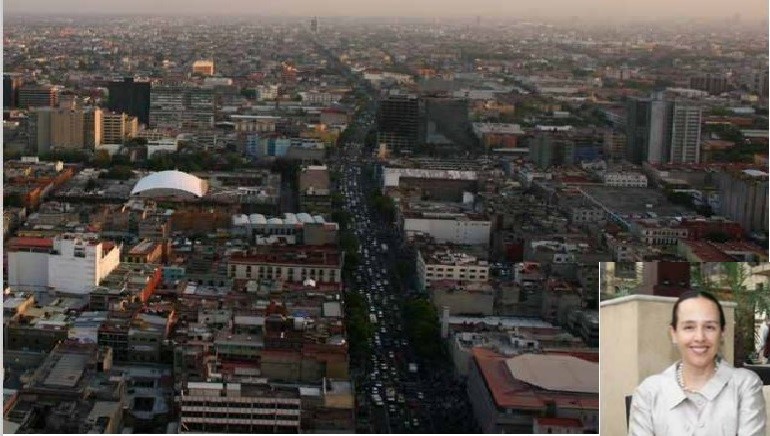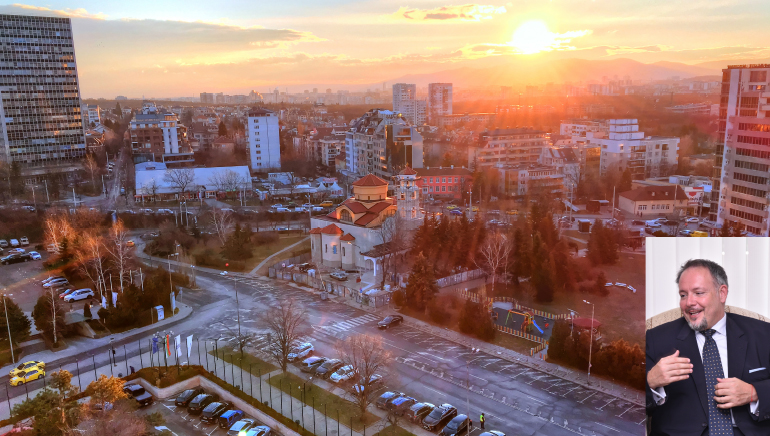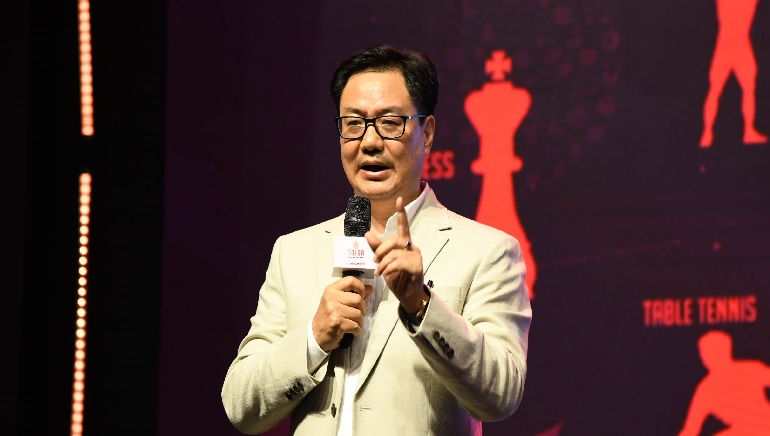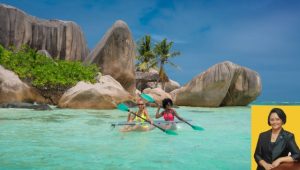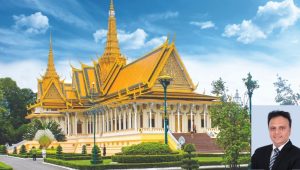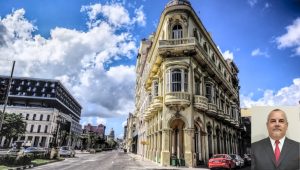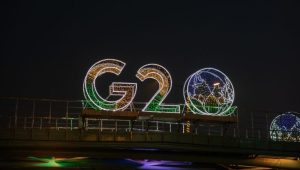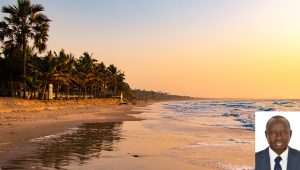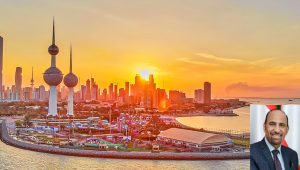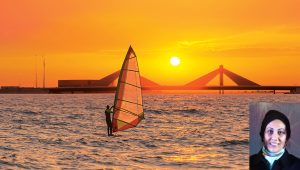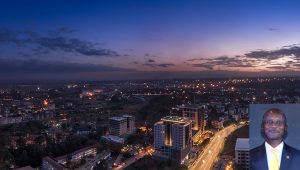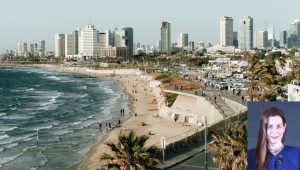5 REASONS TO VISIT MOLDOVA AND TO BE SURPRISED BY IT
After an exhausting period of global pandemic, all of us deserve enjoying the moments of relaxation, and the Republic of Moldova is ready to offer a perfect recipe which includes a diversity of authentic tourist attractions and easy adventure. In Moldova, fruits and vegetables have a particular taste, wines contain a bouquet of flavors of more than 50 sorts of grape, and won 956 medals at 32 international profile competitions in 2020
By Her Excellency Mrs. Angela Ponomariov, Ambassador of Moldova to the United Kingdom
Hiking through the secular forests, exploring Moldova with kayak, navigating on Dniesterand Prut, photo sessions on lavender fields, sleeping in barrels, running through the longest underground wine galleries, climbing caves, witnessing the gathering of thousands of pelicans on Beleulake, visiting cave monasteries – all these will bring charm to your tourist itinerary no matter which one you choose. Still being considered as enigma for the majority of tourists, the Republic of Moldova, with the assistance of the Agency of Investment, decided to tell the world about its unexplored potential and launched a campaign which promotes the country and is accompanied by a message: “Moldova: A place to find yourself.” We offer you five reasons to include the Republic of Moldova into the list of the destinations worth being discovered!
EXPLORE ADVENTURE TOURS
If you prefer active mode of life, you will also find suitable activities in Moldova. Those visitors who are in love with adventures, can choose a trip with kayak, hiking in the woods or cycling trails. If you are looking for a unique experience, you can take part in marathon in the underground cellars of Cricova or Milestii Mici, which are as long as 120 and 200 kilometers correspondingly.
CHERISH RICH HERITAGE
You can discover Soviet architecture and history. In 2021, Moldova celebrated 30 years of independence. With all these, a greater part of the complicated Soviet past is still present in urban architecture, especially in the Transnistrian region of the Republic of Moldova.
ENJOY SUMPTUOUS CUISINE
Here you will find intense wines and discover unique gastronomic experience. When in the Republic of Moldova, you can’t help but visit the famous wineries included in the “Wine Route.” This offers a remarcable oenogastronomic experience, from hautecuisine delights and noble wines, appreciated worldwide, to traditional dishes accompanied by artisanal wines, unique in flavors and character they show.
EXPERIENCE THE JOY OF SLOW LIFE
You can enjoy picturesque sceneries and experience in full the concept of “slow life” The Republic of Moldova inspires visitors by its rich history and intact nature. Old Duruitoarea Cave, formed a couple of million years ago in a reef of Sarmatic sea and its breath taking sceneries will make you feel as being on filming sets of “Lord of the Rings,” as well as medieval cave monasteries, dug in cliffs of Old Orhei, Tipova and Saharna. Moldova is one of the few European countries where people still live according to “slow life” concept, preferring simple and calm life, which involves sustainable farming practices which help to escape from our hyperactive world by offering you moments of full relaxation.
ENLARGE YOUR HORIZONS BY DISCOVERING MODERN HISTORY
What would you say about a tour around writers’ houses? Discover modern history of Moldova by visiting writers’ and artists’ houses, transformed into museums. The house of the first contemporary poet from Moldova, Grigore Vieru, situated at Pererita village, is an example of the traditional architecture. On the other hand, the house of Russian classical poet, Alexandr Puskin, who was exiled to Chisinau and lived here for three years, is a sample of urban history of the beginning of the XIX century. Moldova is a destination which can enlarge your horizons. By living this tactile and sensory experience, you will be able to see things in a different perspective, transforming your stay into a travel in time, to authentic values and genuine places.
MOLDOVA: A COMPLETE TOURIST DESTINATION
In summary, what is our main pitch to convince you to come? That you will enjoy chill and cozy afternoons in our capital Chisinau. You will discover and taste our delicious food by the side of our hosts at rural guesthouses. You will go on 150 km of wine routes from the north to the south of our country tasting excellent wines and learning about traditional Moldovan varietals. And, if this is not enough you can surely find a kayak to paddle down a river, a hill to climb, explore a cave monastery, or even travel back in time here in Moldova. And finally, what will you feel when you arrive in Moldova? Genuine hospitality. It has always been Moldovans’ middle name throughout our history. In the past few years, we’ve been working hard to spread the word on this. And as a result, our tourism is growing in a way that highlights our authentic culture, traditions, cuisine and vibrant wineries. So, try staying at a rural guesthouse for a few days of rest, fabulous homecooked food and incomparable Moldovan hospitality. You’ll return to the world you came from with your batteries recharged. This is why Moldova is a place to find yourself. Not only can we promise you an unforgettable experience when you visit, but one you can share with friends and family in real time – because we have first-rate Internet and some of the fastest mobile data speeds in Europe.





